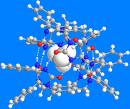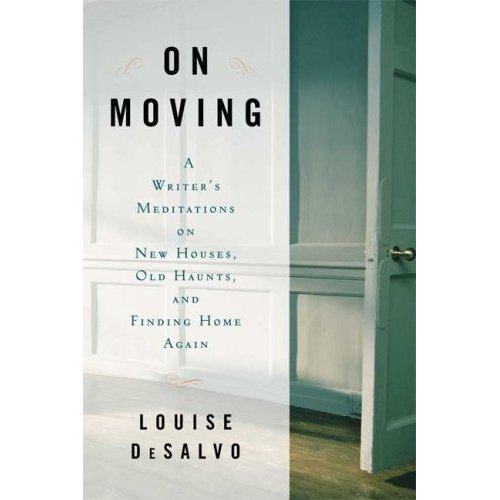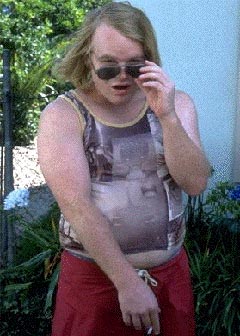For this writer, the creative process happens in stages – and the final one makes all the difference:
 The first is the molecular stage, that early collection of bits of information, what I find fascinating, unusual, funny or poignant at the time it occurs, whether I retain it in memory or in a physical form on pieces of paper.
The first is the molecular stage, that early collection of bits of information, what I find fascinating, unusual, funny or poignant at the time it occurs, whether I retain it in memory or in a physical form on pieces of paper.
The critical mass stage is next. The particles are vibrating on their own in proximity to one another until they reach a critical mass and a reaction occurs. The writing begins in a fury, raw data, raw memory, stream of consciousness writing.
Incubation happens throughout the writing when I walk away from the piece and it sits inside me, silently arranging itself, so that when I next visit it, I have made important connections. Then I edit and rewrite. The placement of events and observations creates irony, mood, pathos, humor. Events are taken out of the chronological or random order and purposefully placed, refined, commented on. Incubation can happen over a period of months or years, but also during the active writing periods, each night when I turn off my computer and go to bed with an essay on my mind. This seems important, that the essay is written only partially at the desk. Much of it is written while I garden or walk or lay in bed mulling it over.
Insight is the last thing to come, what the story is really about. I often don’t know until very late in the process, and the story is frequently about something other than I intended, if I let the piece take the path it wants. The telling phrases, observations, and reflections I add at this stage give the narrative facts a luminescence that only distance and learning can yield. I can look with relative detachment at my experience and see it for what it really was, and in subtle ways, infuse these small epiphanies into the essay.
Distance. Perspective. It can take years to learn how an experience has sculpted me, to tell the story, to locate its pulsing heart.
Editor’s note: I discovered these observations in Stanton’s essay, “On Writing ‘Zion,’” in The Fourth Genre: Contemporary Writers of/on Creative Nonfiction, which I’m using in a creative nonfiction class at Fordham. Stanton’s insights were so helpful to my students that I asked her for permission to adapt them here – something I normally don’t do.
Maureen Stanton’s essays have also appeared in Creative Nonfiction, Iowa Review, and American Literary Review, among other places. Three of her essays were listed as “Notable Essays” in Best American Essays; her work has received a Pushcart Prize, the Mary Roberts Rinehart Award in Creative Nonfiction, The Penelope Niven Award in Creative Nonfiction, and The Iowa Review Award in Creative Nonfiction, among other prizes. She has twice received an Individual Artist grant from the Maine Arts Commission, and a 2006 National Endowment for the Arts Literature Fellowship, and grants from the Vogelstein Fund and the Barbara Deming Memorial Fund. She teaches creative nonfiction writing at the University of Missouri.
 Mondays are hard. All weekend you’ve been doing laundry, taking family bike rides, reading the Times in bits and pieces, going to your kids’ soccer games, and then it’s Monday morning and they’re all out the door (except the dog, who is lying on your feet), and it’s hard to know where to begin, how to pick up where you left off.
Mondays are hard. All weekend you’ve been doing laundry, taking family bike rides, reading the Times in bits and pieces, going to your kids’ soccer games, and then it’s Monday morning and they’re all out the door (except the dog, who is lying on your feet), and it’s hard to know where to begin, how to pick up where you left off. Recently I was invited to do a guest blog for
Recently I was invited to do a guest blog for  He was across the street raking leaves, and I went over to say hello one a cool autumn day, to take a break from my work, writing about my father’s life during World War II.
He was across the street raking leaves, and I went over to say hello one a cool autumn day, to take a break from my work, writing about my father’s life during World War II. To get a book underway, you have to fully commit to it.
To get a book underway, you have to fully commit to it.